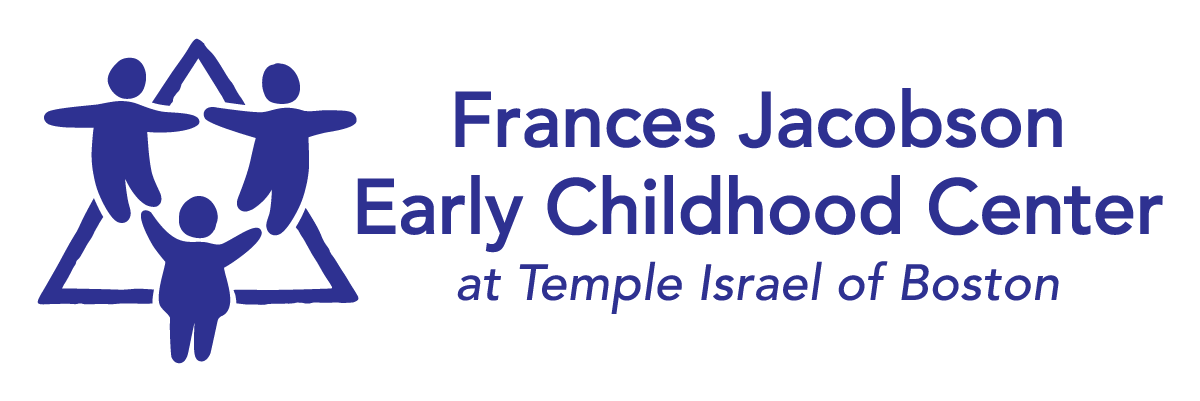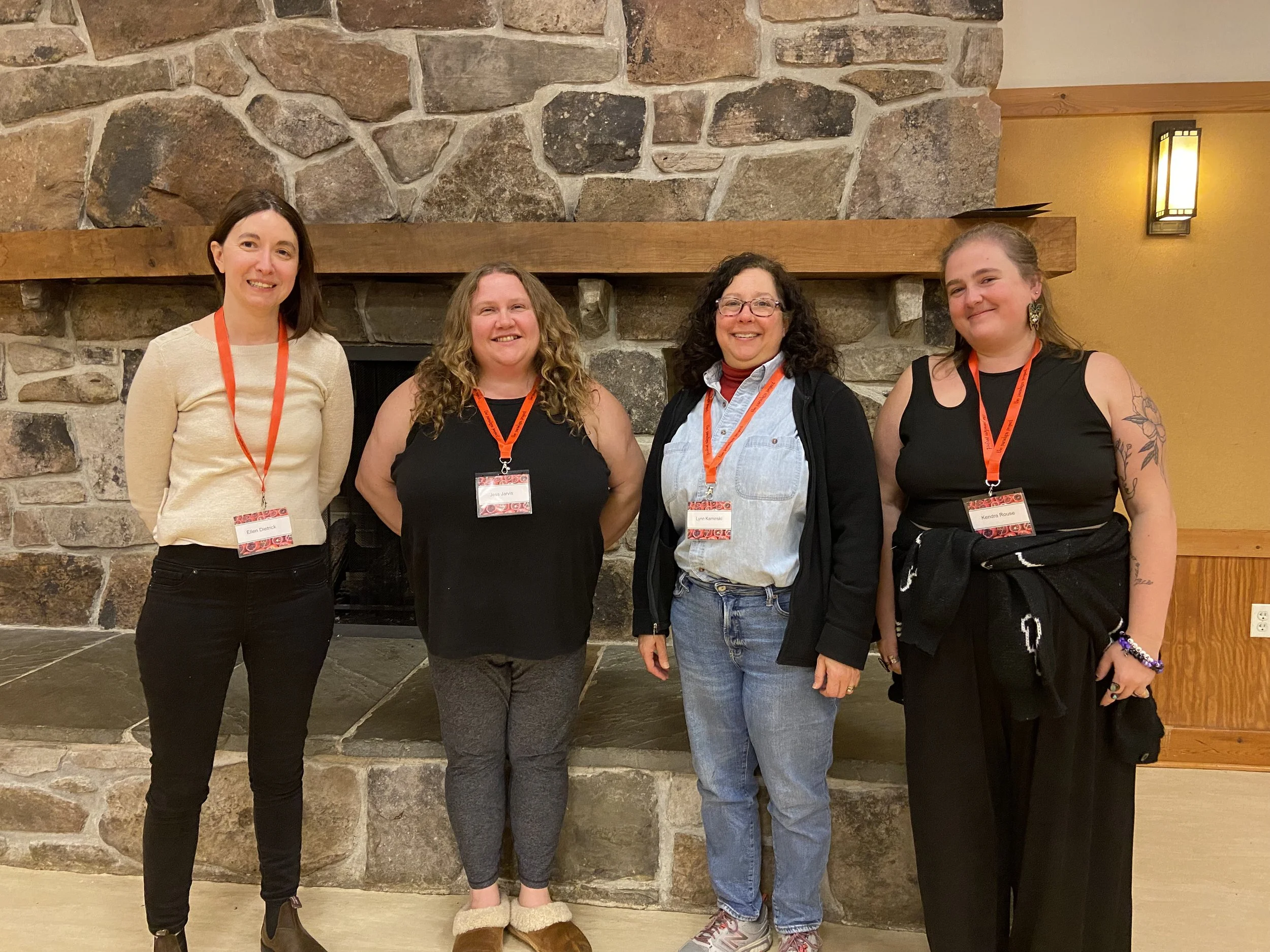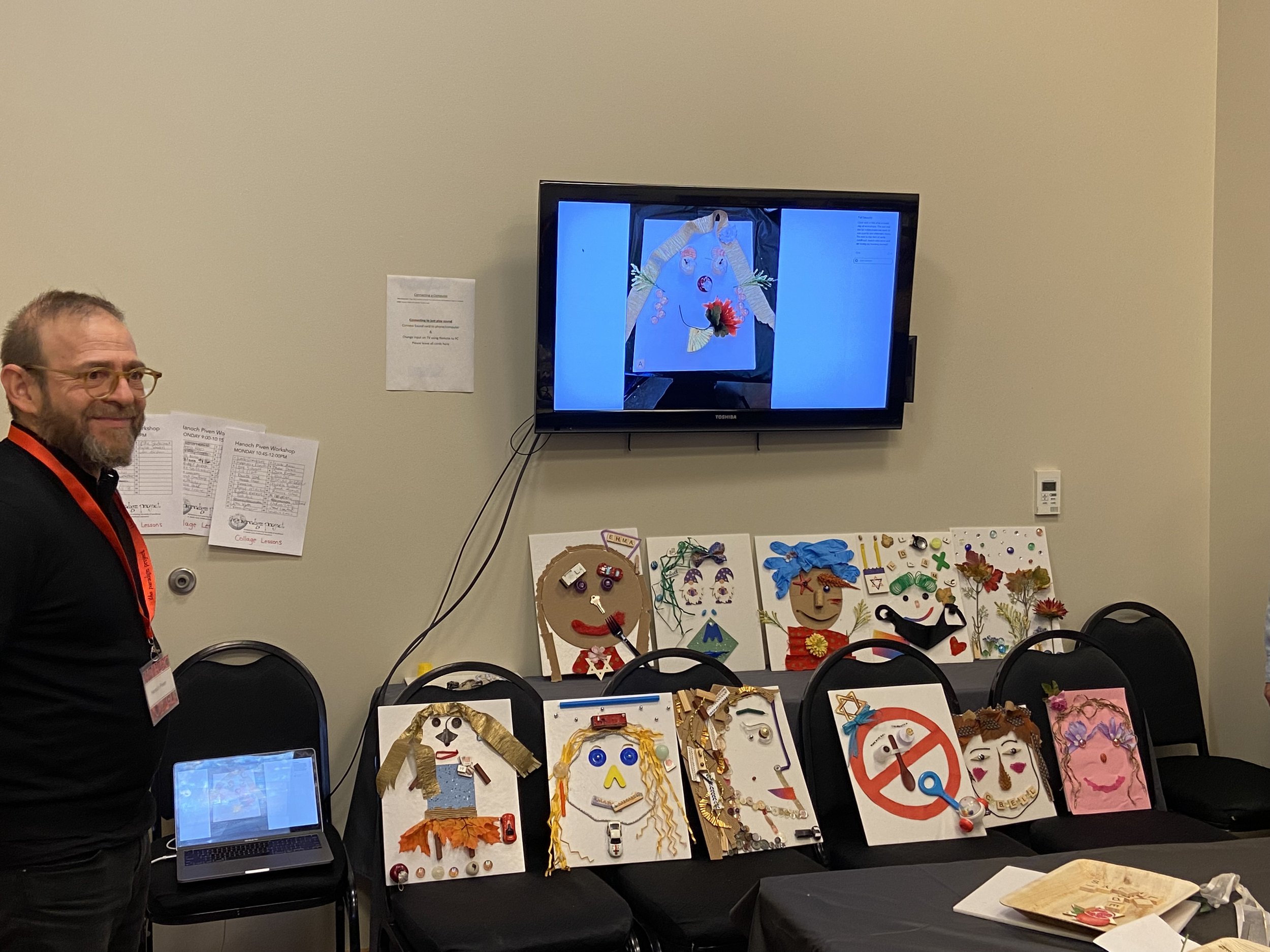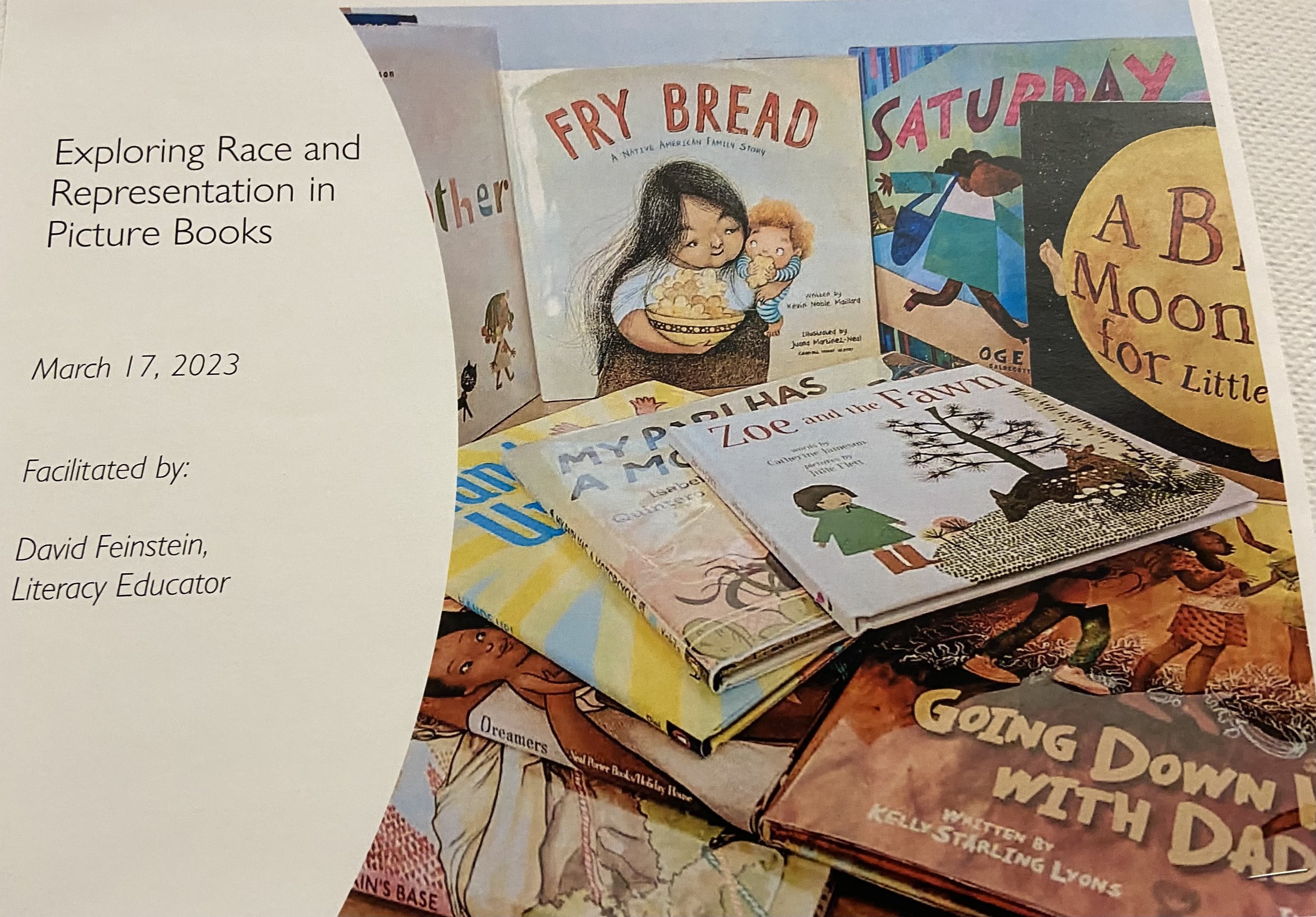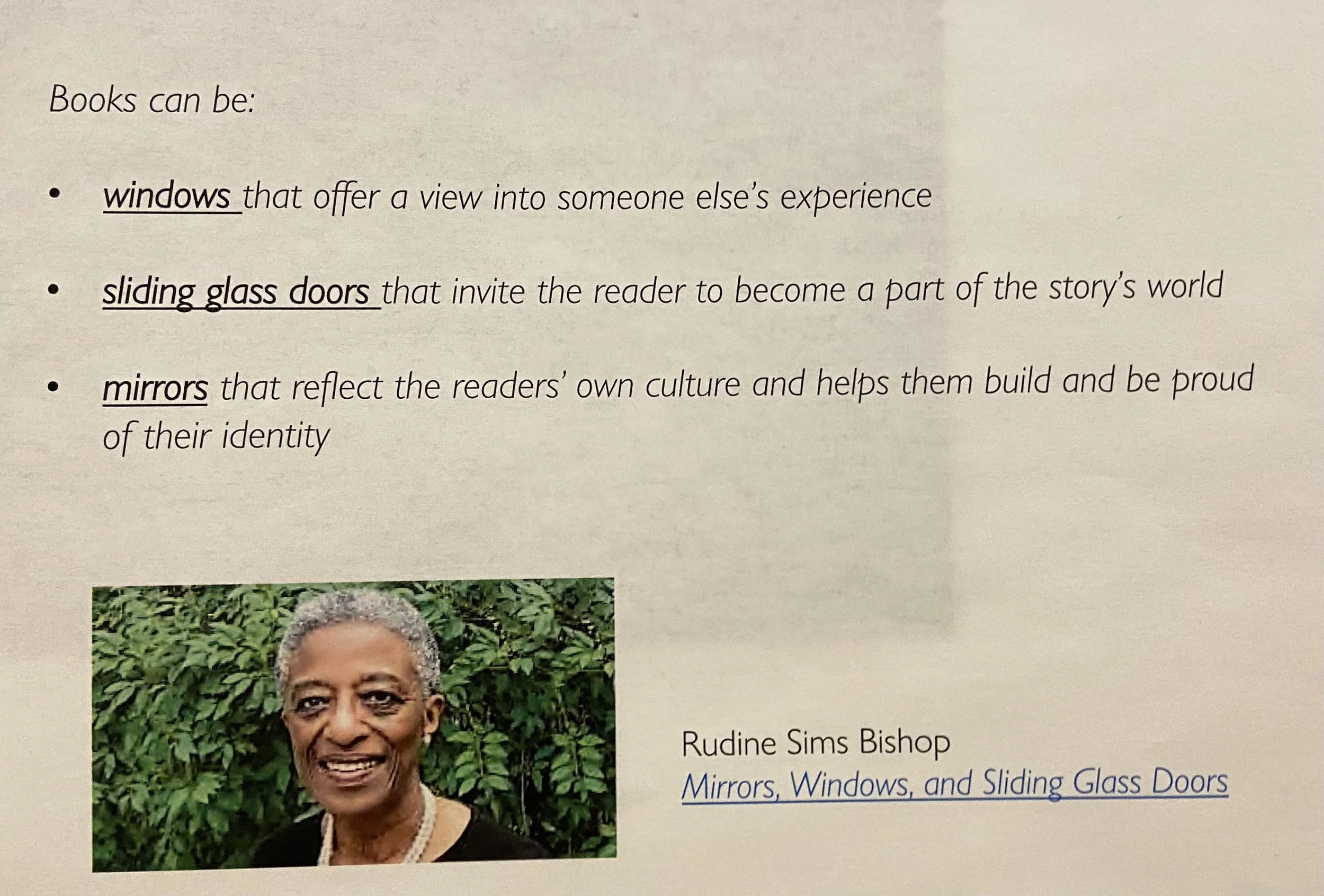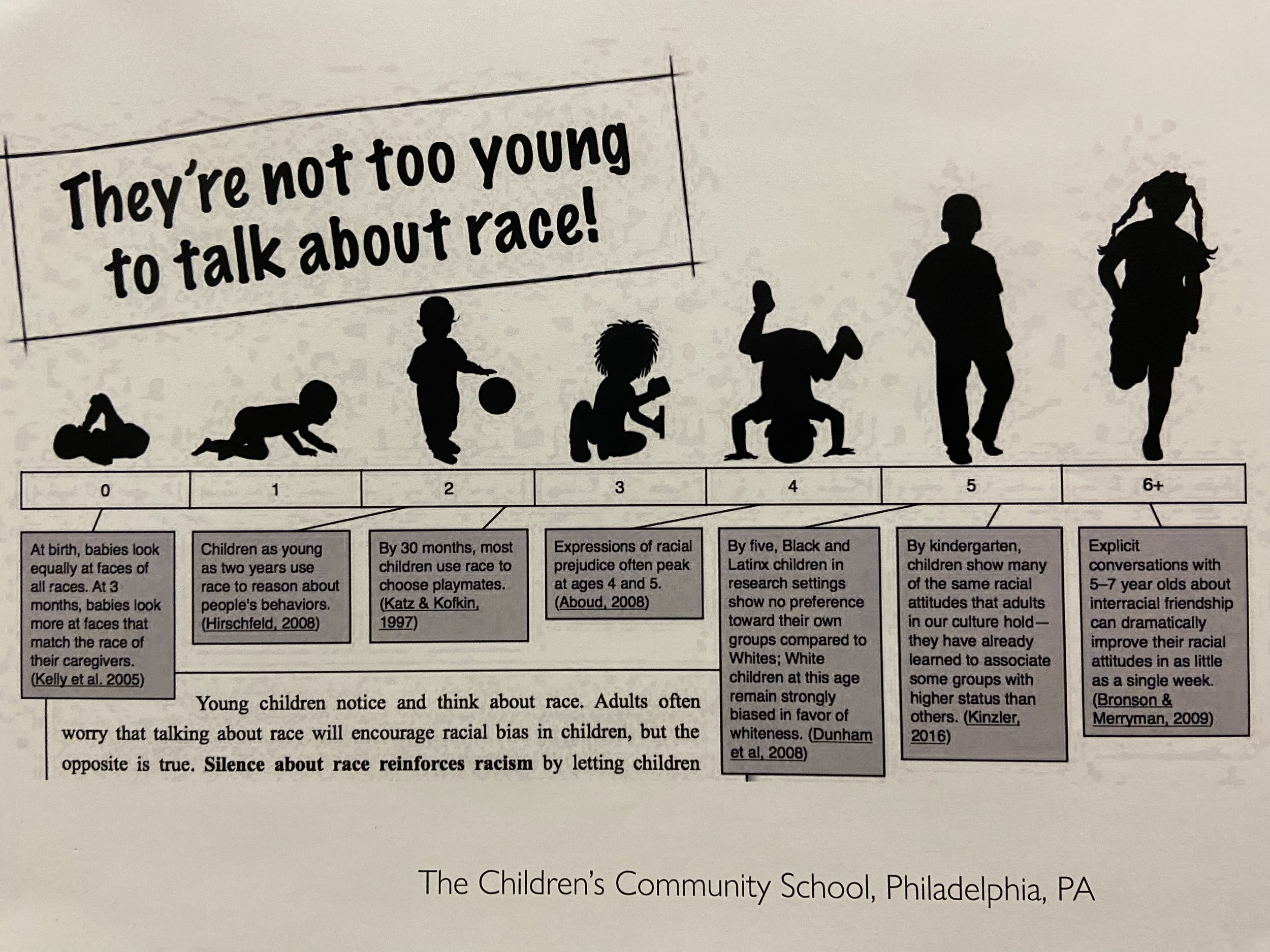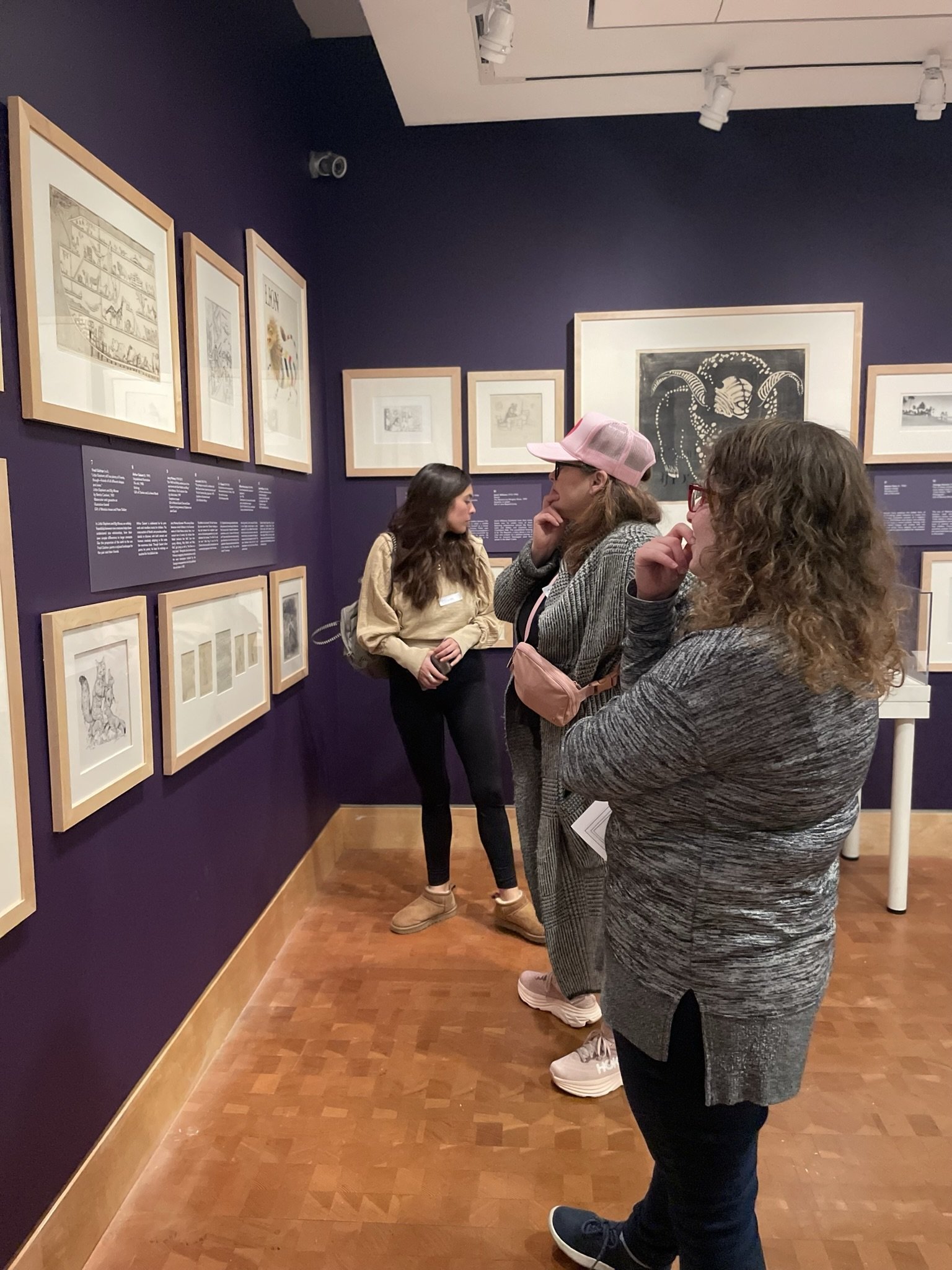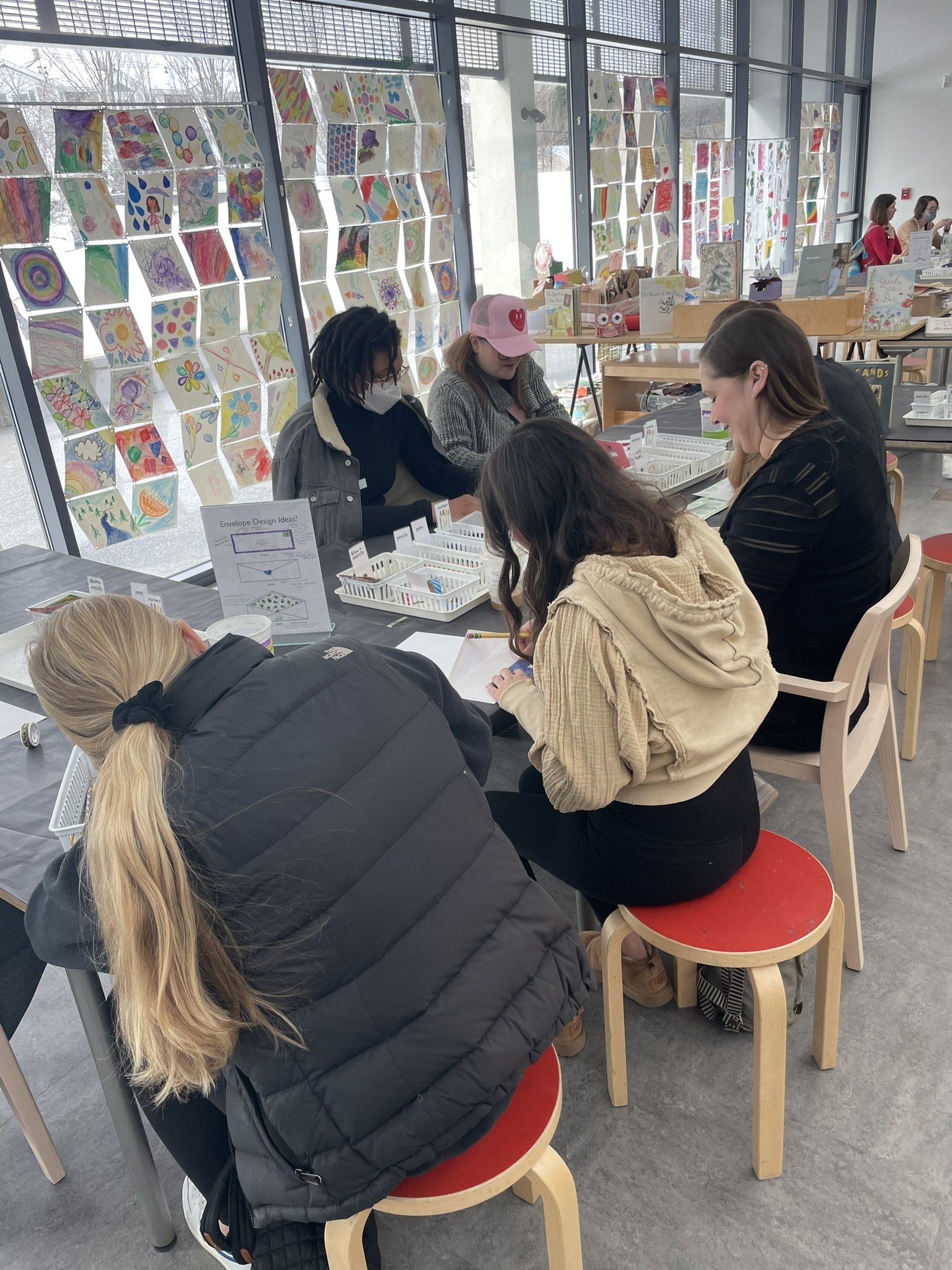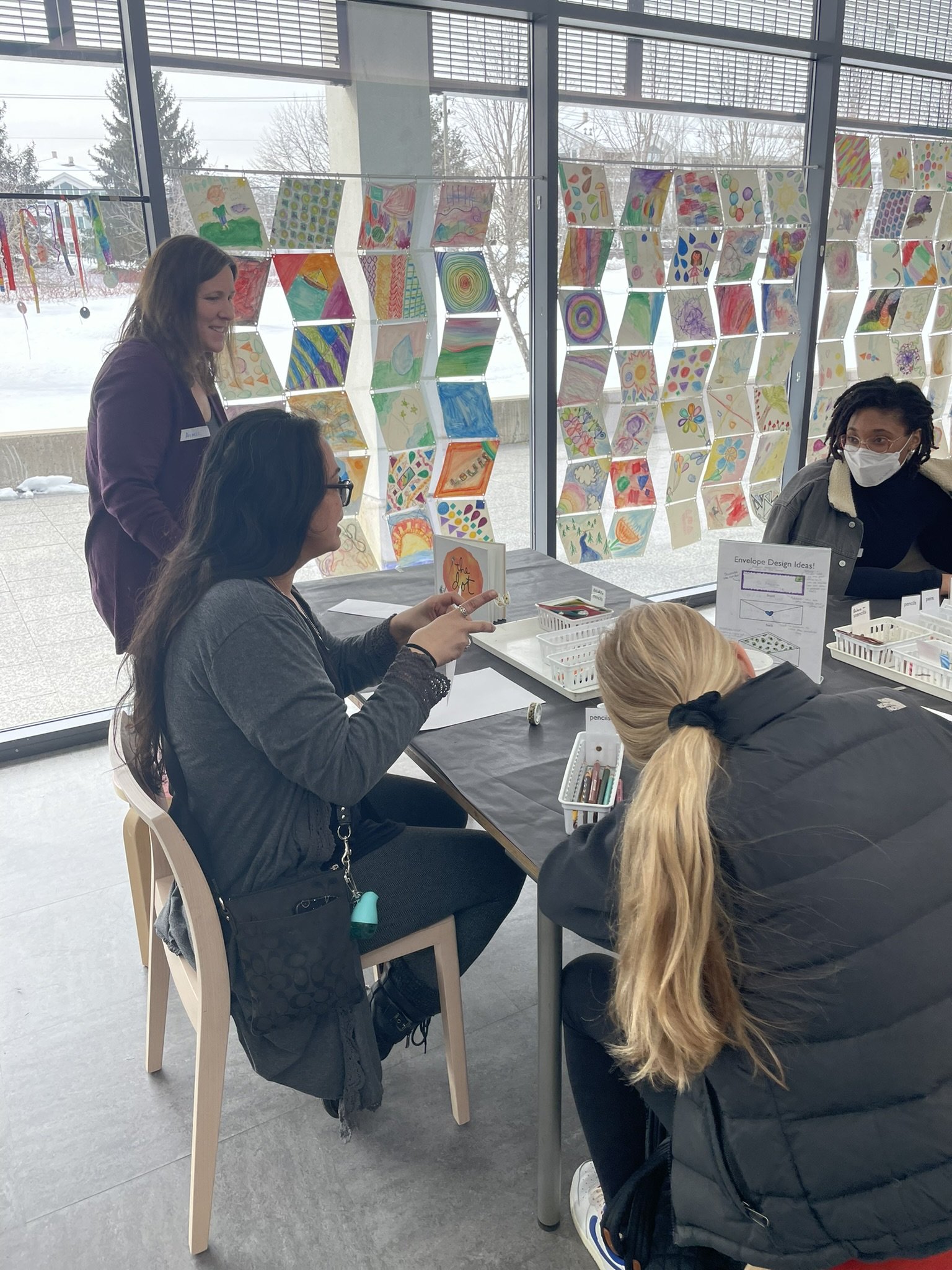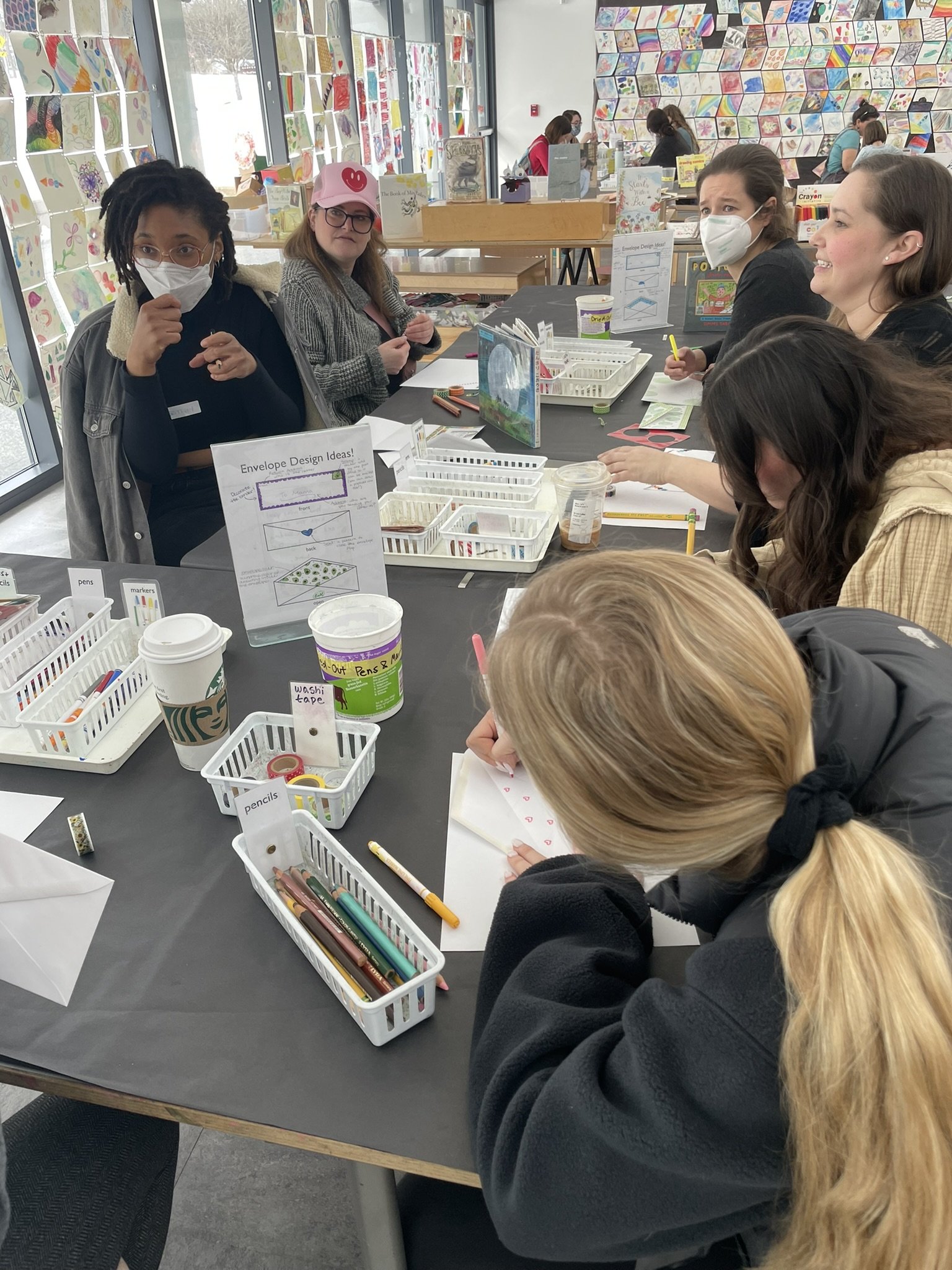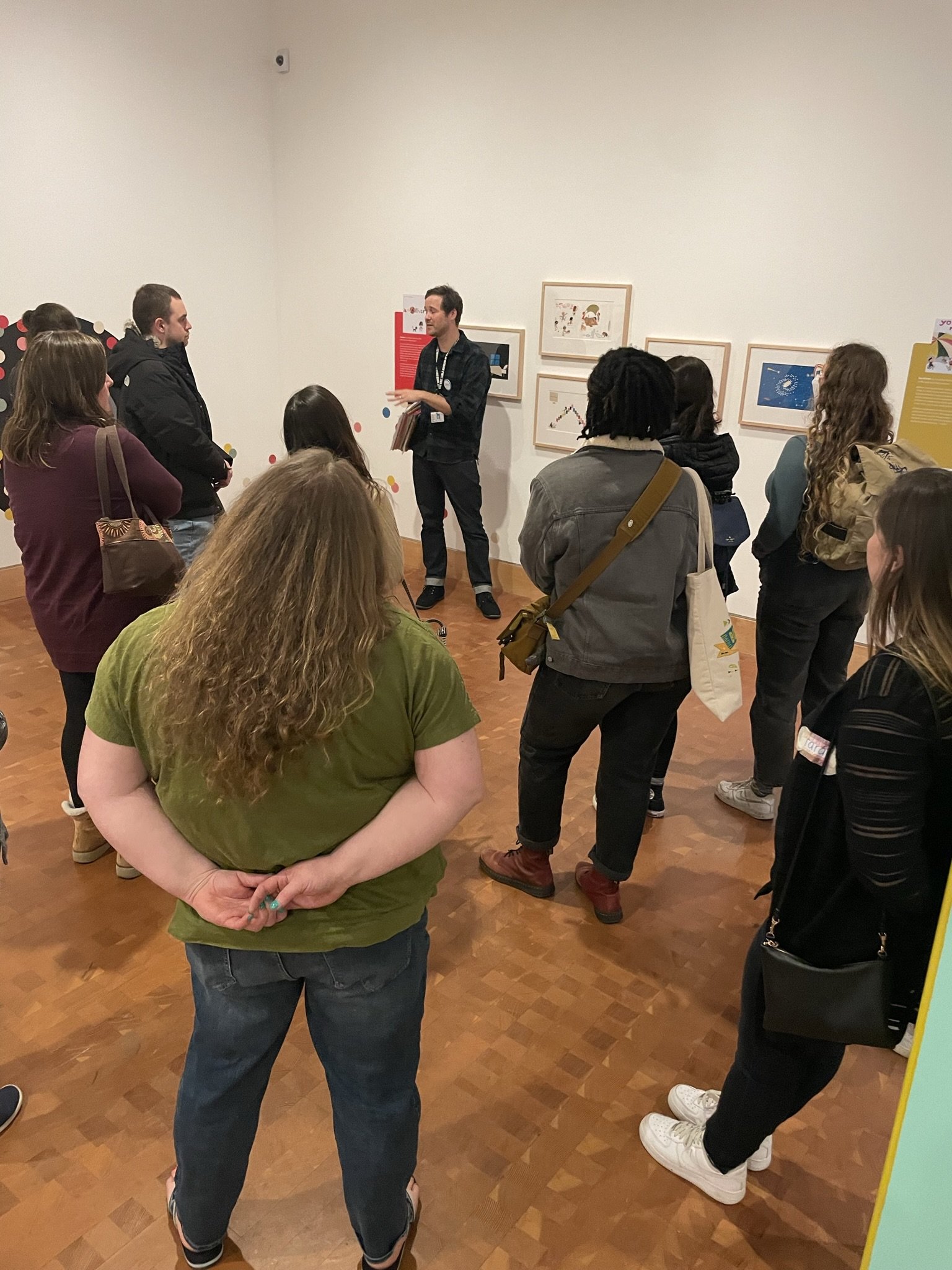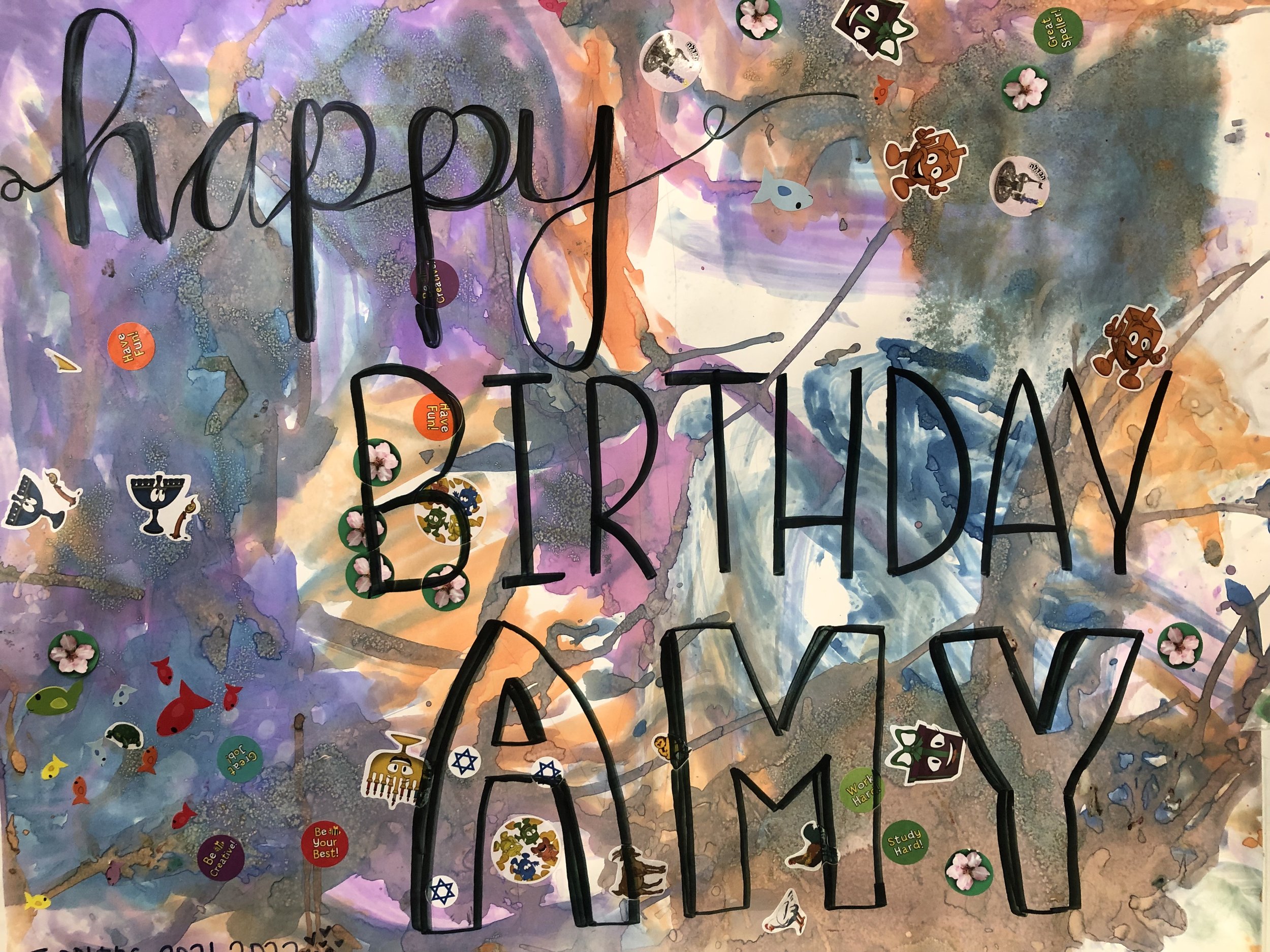Painting a Picture of Your Child's Development
/Amy, fjecc executive director - visiting the Faroe Islands
jess, director of teaching + learning - watching the northern lights in Gloucester, MA
Misty, Blue Room teacher - capturing the northern Lights in Reykjavik, Iceland
Misty, Blue Room teacher - watching the northern Lights in Reykjavik, Iceland
jess, director of teaching + learning - watching the northern lights in Gloucester, MA
Dear FJECC Families,
Almost exactly six years ago, I spent a few days in the Faroe Islands (a stark and beautiful place that I highly recommend adding to your travel bucket list). Located in the North Atlantic Ocean off the coast of Scotland, it is known to be an excellent place to view the northern lights. One night, we drove up a very long, winding, and narrow road to a hilltop, sat on the hood of the rental car, and waited. It was cold November, and we soon waited inside the car instead. Alas, it was not the right season nor the right weather for viewing and we saw no aurora display.
This past week I saw many posts on social media capturing the light display that made its appearance in our area. Again, I missed it. However, I am struck by the thought that something one normally assumes is unattainable can, in fact, happen. In the case of the aurora borealis appearing locally, the happening is due to atmospheric conditions over which we have no control. In other cases, such as making major life decisions like a new job or a new home, change is sometimes fueled by power or motivation we did not previously realize we had.
When we observe children through the lens of development, it can seem as if growth moves at a glacial pace - when will my child separate more easily, when will my child sleep through the night, when will my child "fill in the blank." And then, seemingly all of a sudden, a skill is mastered, a child's body is longer and leaner, emotions are less volatile.
As we near the time when we schedule parent/teacher conferences (longer than the check-in calls, these conversations will focus more on skills and growth), we are all beginning to take more detailed note of each child's developmental path. When children play, when they interact with materials, with each other, and with the adults in their world, they are hard at work experimenting with, reacting to, and acting upon their environments. This near-constant process is much like the movement of any other phenomenon in nature, slow, sometimes erratic and unpredictable, and often mysterious. Growth is not static, it is ever-changing.
This is our way of tracking weather patterns, if you will, so that we can paint a picture of your child's development in ways that articulate growth, elevate learning, and make visible the seemingly invisible process of learning and growing - something, by the way, the we are all always doing as well.
Shalom,
Amy
